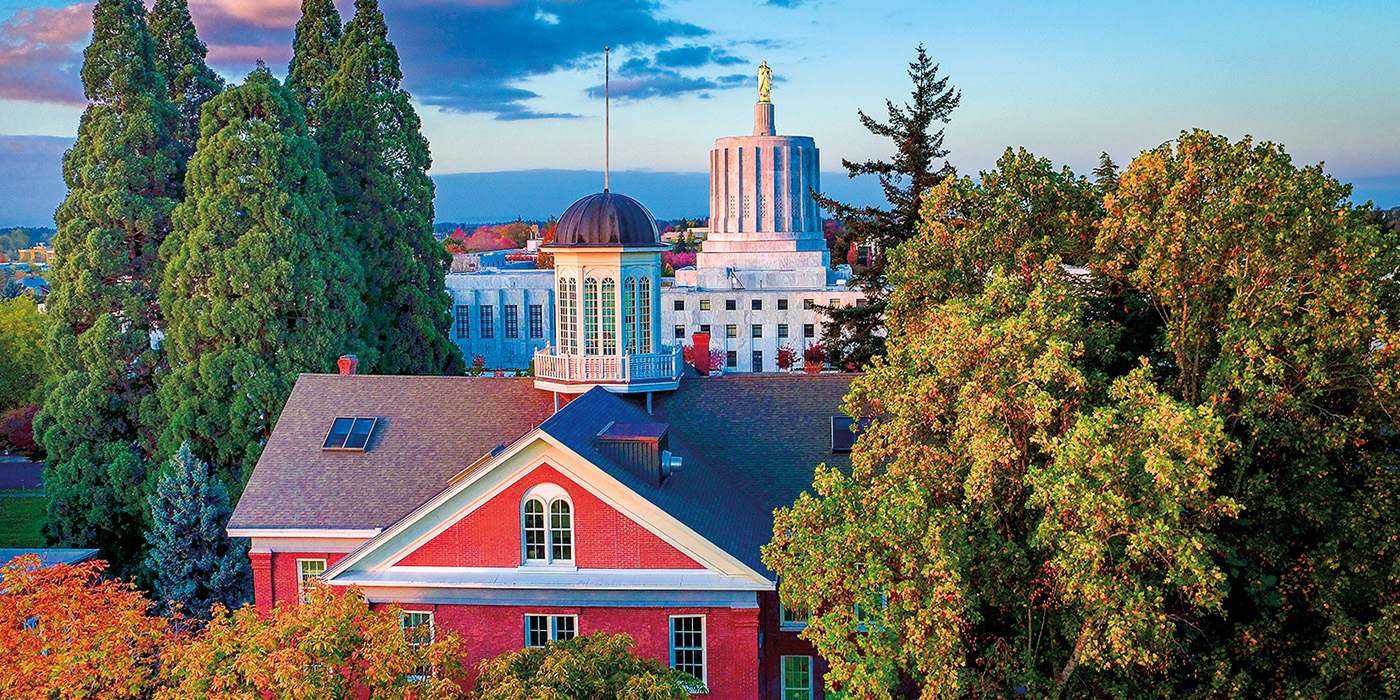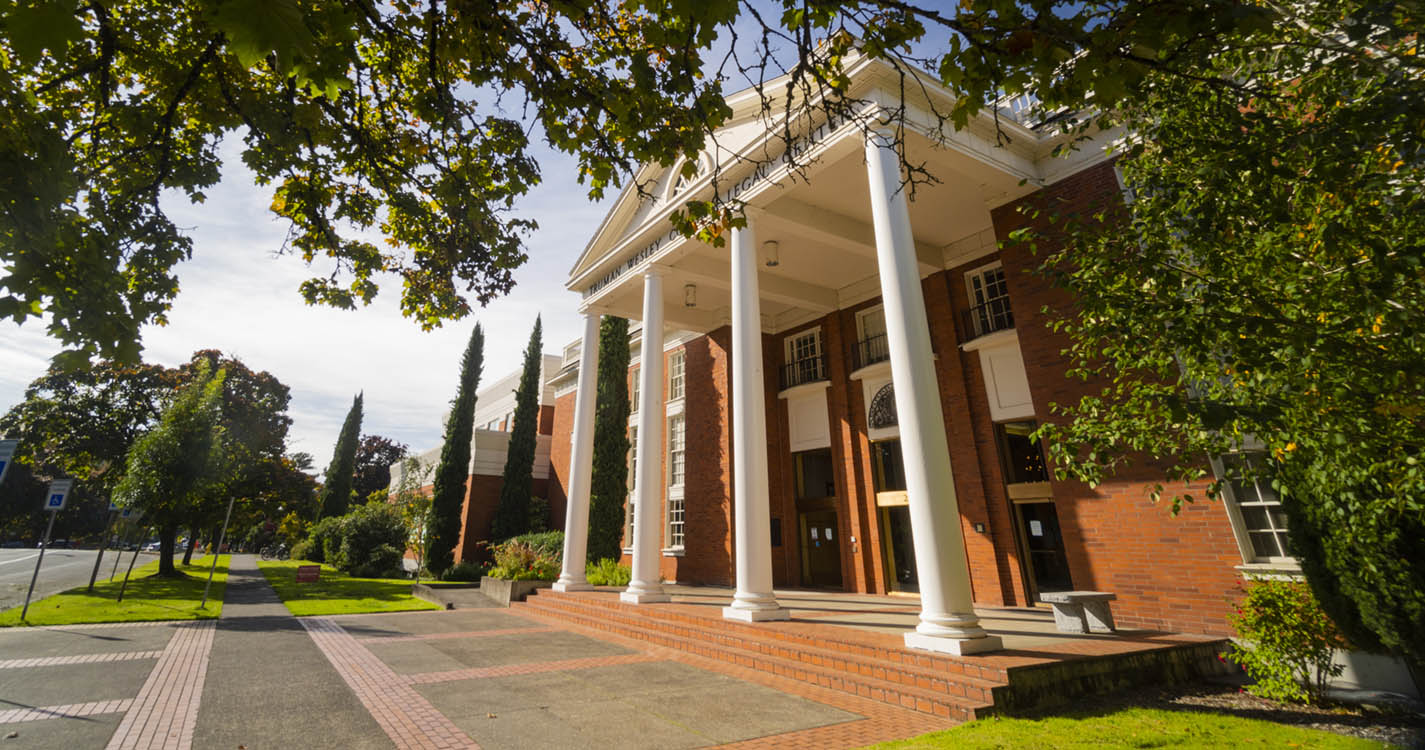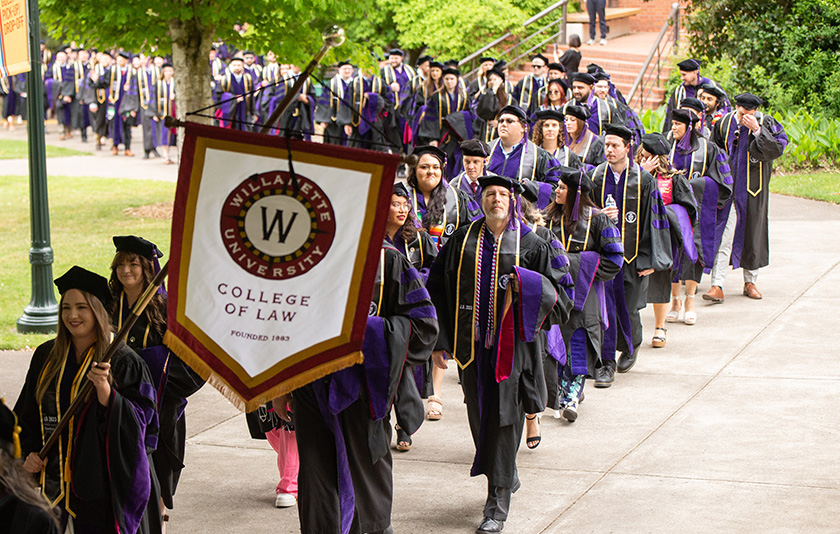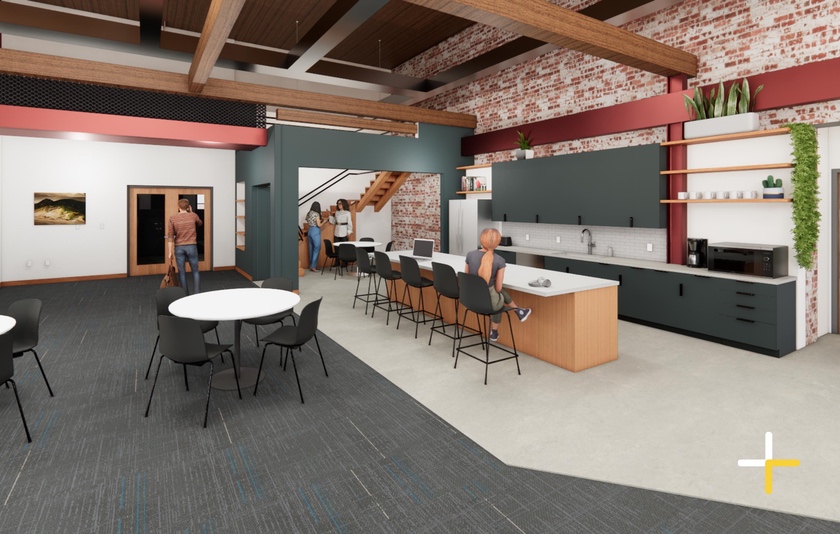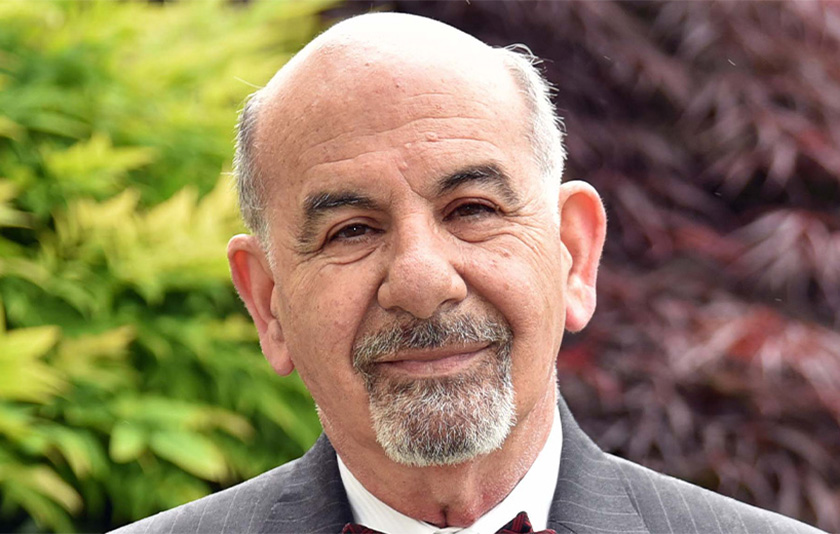In summer 2020, the deans of Oregon's law schools collectively sought an emergency one-time diploma privilege for graduates of the three Oregon schools. On June 29, 2020, the Court granted the deans' request following a public hearing.
After the Court's decision, Willamette Law's 2020 graduates formed the Racial Justice Task Force to study the peremptory challenge. That work produced a report recommending fundamental changes to the use of the challenges. People took notice — diploma privilege was not synonymous with a free pass. Questions were quietly raised — Can we talk about attorney licensure reform? Why not now?
As those conversations evolved, the Oregon Supreme Court requested that a task force be formed to determine whether professional licensure pathways exist beyond the traditional bar exam. So began the work of the Alternatives to the Bar Exam Task Force, which included 28 members representing affinity bars, government institutions, Oregon law schools, including students, and liaisons from the Court.
The Formal Recommendation
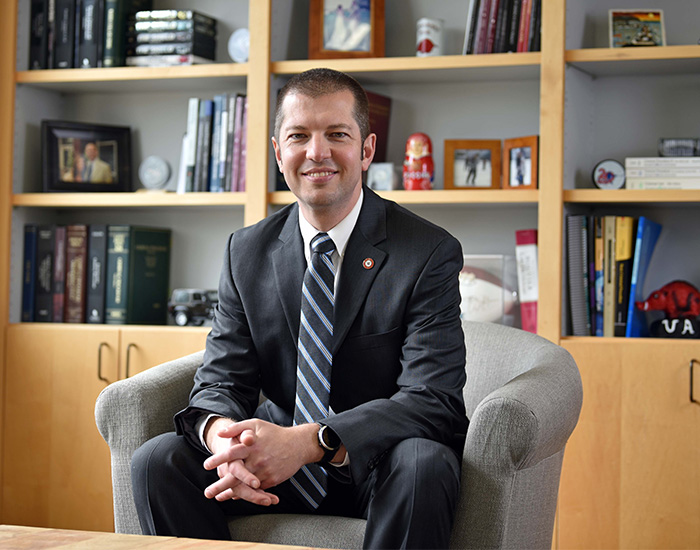
Ultimately, the task force produced two reports, the first of which it issued in summer of 2021 recommending two new pathways to licensure. Those recommendations — to adopt separate experiential and supervised practice pathways — were guided by two principles: consumer protection and equity. The report builds on extensive empirical work from the Institute for the Advancement of the American Legal System, known as IAALS, affirming what many have already recognized: the current bar exam does not test the skills new lawyers need or that employers want.
"This is a tremendous and historic shift in the thinking around attorney licensure," says Brian Gallini, dean of Willamette Law and a member of the task force.
An outspoken advocate for challenging the status quo, Gallini began serving on the task force in 2020.
The group supported the two pathways, but recommended retaining the bar exam so students who sought a portable score to practice in other Uniform Bar Exam (UBE) states would still have that opportunity. Collectively, the three licensure options are meant to offer a holistic, three-way journey to licensure.
The Oregon Experiential Pathway, or OEP, is a pathway in which students would focus on hands-on coursework during their last two years of law school. Upon graduation, they would submit a capstone portfolio for review by the state Board of Bar Examiners. The second option is the Supervised Practice Pathway (SPP) in which students would work between 1,000 and 1,500 hours under the supervision of a licensed attorney before submitting a portfolio of work to the Board of Bar Examiners, showing minimum proficiency.
Given the preservation of the traditional UBE, all of the proposed pathways require an "examination" of an applicant's work by the Board. The "character and fitness" report would continue to be a part of any path.
Only two other states, Wisconsin and New Hampshire, offer a licensure pathway that does not include taking the bar exam. Aspirationally designed to be open to all students, Oregon's progressive plan builds on those states' innovative efforts.
The task force delivered its first report to the Board of Bar Examiners June 18, 2021, and the Board met June 25, agreeing to advance both pathways to the Court for consideration and adoption.
"That the Oregon Board of Bar Examiners endorsed these proposals without any changes shows, fundamentally, a forward-thinking recognition that the bar exam as we know it is not the only way for new lawyers to demonstrate minimum competency," Gallini says.
The State's Decision
The Court discussed the proposals during a public meeting July 7, 2021, and afterward set a period for public comment, closing August 23. After the close of the public comment period, the Court issued five questions, incorporating public commentary, back to the task force.
The task force issued a supplemental report to the Court on November 29. At a historic public hearing on January 11, 2022, the Oregon Supreme Court unanimously voted to approve-in-concept both the OEP and SPP. It tasked the Board of Bar Examiners with assembling a committee to develop the details for implementation and consideration by the Court.
Once the changes are fully endorsed and accepted by the Court, the Oregon State Bar Association, the Board and the state's law schools will need to collaborate and shift curricula to accommodate the new pathways, Gallini says, though the OEP will have more of an effect on legal education than will the SPP.
Willamette is poised to adopt the changes, and students are eager to have options, he adds. The group of 2020 graduates who formed the Racial Justice Task Force already demonstrated the effectiveness of an experiential learning project. If put into place, Gallini anticipates the new pathways, involving similar work, would be more rigorous than the current licensure system that relies solely on a two-day exam.
Answering Questions
Many people, especially those outside the legal community, have expressed concern that offering new paths to licensure might hurt the very people the bar is meant to protect. What they probably don't know, Gallini says, is that law schools frequently focus at least part of their curriculum on helping students pass the bar exam, as opposed to instructing students in the skills required for success as a newly-licensed lawyer.
He often receives questions from employers wondering why graduates don't have much experience writing motions or contracts. That's because, for decades, law schools have focused at least somewhat on how to pass the bar exam instead. Without a passing score, graduates won't be licensed — so law schools are incentivized to offer more "bar courses" rather than teaching experiential skills for practice.
"The ability to memorize facts and pass a multiple-choice test is not a predictor of what makes a good lawyer," Gallini says. "Moving beyond the bar exam empowers law schools and the bar to train new lawyers for the 21st century in a manner that serves and strengthens both consumer protection and equity.
"At Willamette, we're thrilled and ready to be on the leading edge of these long overdue changes."

